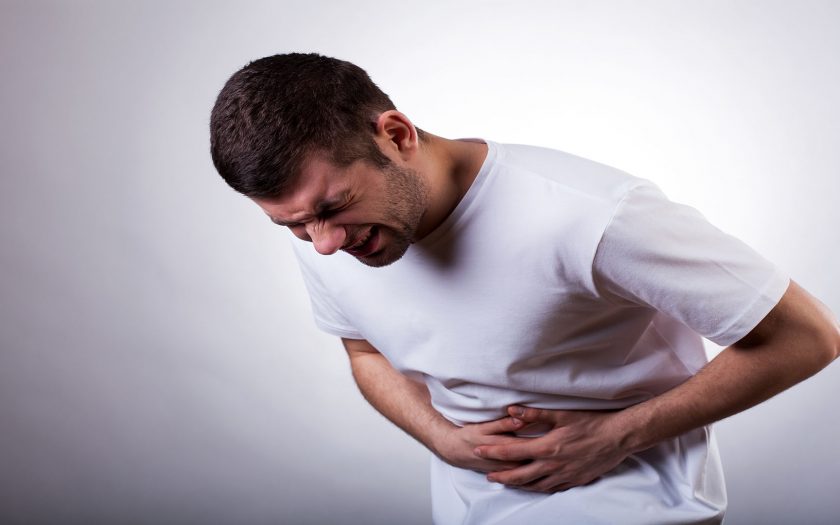Ulcer is a disease of the mucous membrane of the stomach, first part of small intestine or sometimes lower part esophagus. The illness is accompanied by severe pain and other unpleasant symptoms. With improper treatment, the ulcer becomes aggravated. Therefore, it is important to know exactly how to treat the disease and what to do so that it does not develop.
Gastric ulcer: causes
Scientists have found that the main cause of the development of the disease is the bacterium Helicobacter pylori. As a result of the activity of these organisms, the cells of the stomach lining are destroyed, and in their place there is an ulcer.
Other causes of the disease:
- An ulcer can develops on the basis of other ailments, such as diabetes, tuberculosis, lung cancer, hepatitis, etc.
- Mechanical or chemical damage of the stomach.
- Stressful situations.
- Improper nutrition. In particular, excessive consumption of coffee contributes to the development of the disease.
- Use of alcohol and other toxic substances, smoking.
- Genetic factor.
Gastric ulcer: the first signs of the disease
Symptoms of the disease:
- Pains that bother the upper abdomen. Feelings can be both weak and pulling, and intense and sharp. Painful manifestations are aggravated by physical activity, the use of alcoholic beverages and seasoned foods, hunger strike
- Heartburn, which is felt above the stomach, that is, already in the chest. Gastric juice poisons the esophagus a few hours after eating.
- Nausea and vomiting. Food in the affected stomach brings pain and causes a breakdown in gastric motility.
- Psychological loss of appetite. A person is afraid of new attacks of pain, and therefore loses the taste for food
- Belching, in which gastric juice enters the throat. Feels like sour or bitter taste in the mouth.
- Gases
- Heaviness in the stomach after eating
- Fast saturation
- Constipation
Treatment of stomach ulcer
The approach to ulcer therapy should be comprehensive. This is not only a diet, but also drugs and vitamins. In the treatment of peptic ulcer use the following pharmacological agents:
- Antibacterial drugs. These are Penicillins (Augmentin), Tetracycline (Resteclin), Macrolides (Apo-Clarithromycin, Clarbact), and derivatives of nitromidazole.
- Medicines that enhance the protective mechanisms of the mucous membrane. Bismuth Subcitrate contributes to the formation of a film on the walls of the gastric, and also leads to the death of the bacterium Helicobacter pylori, which causes cell death and, as a result, a stomach ulcer.
- Antisecretory drugs. These are the antacids that envelop the stomach, proton pump blockers (Omeprazole Actavis, Rabicip, Lanzol, Nexium, Nexpro, etc.), H2-histamine receptor blockers (Ranitidine Relief, etc.) and other drugs.
Additional drugs for treatment of stomach ulcer:

